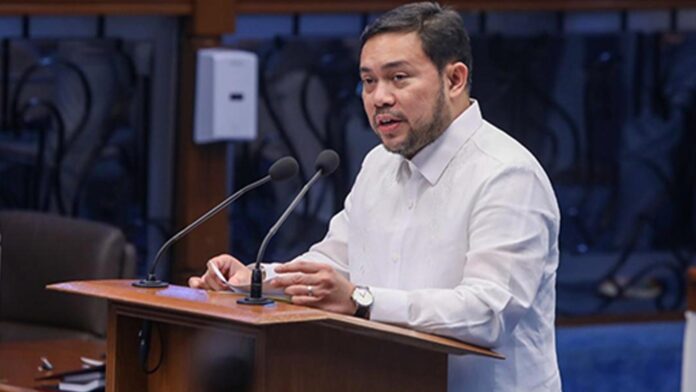Senator Mark Villar delivered his sponsorship speech on the Kawayan Act before the members of the Senate. His speech has been overwhelmingly supported by the Senate having been co-sponsored by multiple Senators, including Senate President Migz Zubiri who is one of the co-authors and co-sponsors of the bill, which hopes to develop the Philippine bamboo industry.
“The Institutionalization of the Bamboo Industry Development in the Philippines or the Kawayan Act aims to pursue further efforts that will develop the bamboo industry. At present, government agencies such as DTI, DOST, DENR and DA implement their own research and development programs, in an attempt to address the insufficiency of information and data resources, among others. Yet, these initiatives are fragmented and this is worsened by the perception of the private sector for a lack of a functional governmental body overseeing the development of the industry which thus hinders its optimization,” Senator Mark said.
To address these concerns, the Kawayan Act seeks to institutionalize the Philippine Bamboo Industry Development Council, which was created by Executive Order 879, to serve as the central body for overall policy and program direction for all bamboo stakeholders. The Council is also mandated to formulate and implement the Philippine Bamboo Industry Development Roadmap.
The Kawayan Act will further provide a comprehensive approach to the development of the bamboo industry as its provisions mandates DENR, DTI, DOT, DepEd, and DOST and their attached agencies to use bamboo in government programs and to scale up the use, investment promotions, research and development of bamboo.
“The Philippine Bamboo Industry Development Roadmap will be guided with actionable, time-bound, and realistic objectives that are aligned with the Philippine Development Plan, in which the former will include substantial and attractive incentives to encourage investments in the bamboo industry,” Senator Mark explained.
Senator Mark also cited multiple economic potentials and environmental values of the bamboo industry including its trade value that is expected to reach 88.43 billion USD by 2030 among others. The bamboo industry is also expected to contribute 3.5 billion USD to the Philippine economy. He also emphasized the efficient pollution control capacity of bamboo as it releases 38% more oxygen than trees and sequesters 12 to 17 tons of carbon dioxide per hectare.
“Through the Kawayan Act, we can look forward to a Philippine economy that stands as mighty and grows as rapidly as bamboo does. Similarly, the development of our bamboo industry mirrors the persisting Filipino resilience amid various challenges. No matter what hinders us, no matter what sways and bends us, we will continue to push forward towards progress and development,” Senator Mark claimed in conviction.






